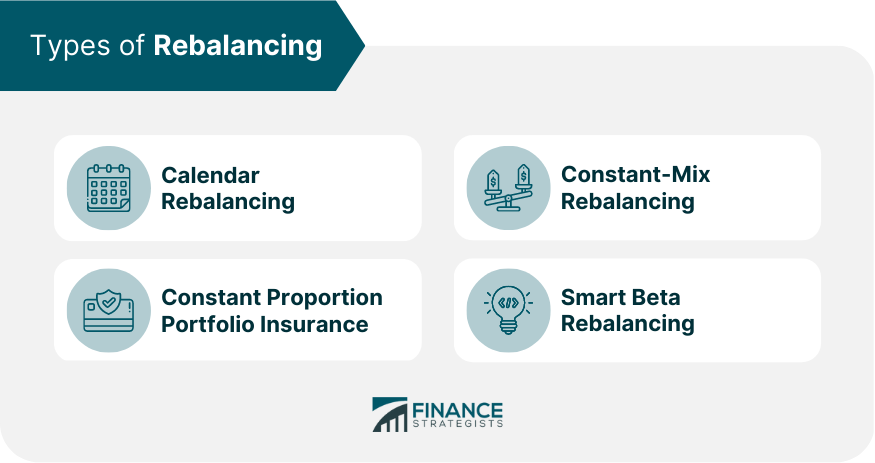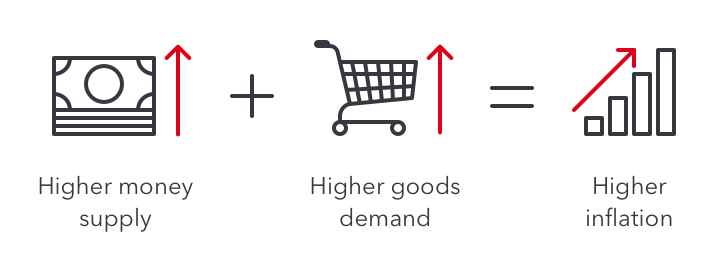
Annuities Explained Should They Be Part Of Your Retirement Plan Retirement planning is a complex process that involves many financial decisions.
One of those decisions is whether to include annuities as part of your retirement plan.
An annuity can provide income for the rest of your life, but it’s important to understand how they work and what kinds are available before making any decision.
What Is An Annuity?
Pleasant promises of pensions and profits, plentiful payments and plenty, are all part of annuities.
An annuity is an agreement between a person and an insurance company to provide the former with consistent income in exchange for one or more premiums.
It’s important to understand that annuities can be complex investments; they come with costs, riders, and other considerations that could affect your retirement plan.
Annuities might involve upfront fees or additional charges depending on what kind you choose.
There are also different kinds of riders available which can add specific benefits at extra cost such as guaranteed growth rates or death benefits.
When considering whether to include an annuity in your financial plan, it’s crucial to analyze the associated costs and potential returns carefully before making any decisions.
Different Types Of Annuities
An annuity is a powerful retirement planning tool that can provide stable income for the rest of your life. But with so many different types of annuities, it’s important to understand which one best fits your needs.
Two main varieties are fixed indexed and variable indexed annuities. A fixed indexed annuity offers a guaranteed rate of return based on an index such as the S&P 500 or Dow Jones Industrial Average. This type of annuity also has caps, or limits, on how much you can earn each year depending on the performance of the underlying index. read more
Variable indexed annuities usually have higher potential returns but carry more risk than their fixed counterparts because they’re tied to equity markets and other investments. They typically come with a death benefit that pays out if you die before reaching retirement age, making them attractive options for those who may not have time to wait until retirement to begin receiving benefits from their annuity investment.
No matter what type of annuity you choose, it’s important to consider all aspects when deciding whether an annuity should be part of your retirement plan. Make sure you research any fees associated with these products before investing in them and consult with a financial professional to determine what kind of product is right for you.
Pros And Cons Of Annuities
Annuities can be a great tool to build wealth and provide financial security in retirement. They offer the potential for consistently growing income as well as protection from market volatility. When considering whether an annuity should be part of your retirement plan, it’s important to weigh the pros and cons carefully.
One of the main advantages is that annuities guarantee lifetime payments, making them attractive for those who want secure income they won’t outlive.
Furthermore, annuities have tax benefits compared to other investments like stocks or bonds; you don’t pay taxes on money until you withdraw it, which allows you to potentially grow your savings faster than with taxable investments.
It’s also important to consider costs when evaluating different types of annuities – do a comparison between fees charged by various providers and make sure you understand any risks associated with each type before committing funds. read more
Additionally, careful risk assessment is key since some types of annuities are more exposed to downturns in the markets than others. Ultimately, choosing the right sort of annuity requires thoughtful research into what best fits your overall goals and time horizon for investing.
How Annuities Work
When considering whether or not annuities should be part of your retirement plan, it’s important to weigh the pros and cons. Now that you’ve done that, it’s time to dive into how annuities work.
An annuity is a type of insurance contract with an insurance company in which you make payments over time for the promise of future payments back from the company. The amount and frequency of these payments depend on the specific features of each contract.
Annuity costs can vary depending on factors such as age when purchased, payment rate options, and underlying investments chosen by the insurer. Some common features include guaranteed income payouts, death benefit provisions, inflation protection, liquidity benefits, tax-deferral, and more. read more
It’s important to know what kind of fees may apply with an annuity so that you can best decide if this product makes sense for your retirement planning goals. Knowing all available features will help determine if they are right for your needs while also helping ensure that you get the most out of them during retirement.
Annuity Payout Options
Retiring can be one of the most exciting times in life, but also often comes with a lot of difficult decision-making. Annuities are an attractive retirement option because they offer potential reward without as much risk or complexity that other investments involve.
As you consider adding annuities to your retirement plan, it’s important to understand the different payout options available and how each could affect your financial future.
When deciding on an annuity payout structure, it is crucial to keep in mind both the rewards and risks associated with them. Most annuities provide guaranteed income for life while protecting against inflationary threats; however, they lack liquidity when compared to other investment vehicles such as stocks or bonds. Additionally, many require hefty upfront costs which may limit their short term value depending on individual situations.
Therefore, it is essential for retirees to assess their particular needs before selecting a specific type of annuity payout option so they can maximize their long-term benefits from this investment vehicle. read more
No matter what kind of annuity you choose, there will always be certain tradeoffs between risk and reward involved in any investment strategy. To ensure your retirement plan meets all your goals and objectives at every stage of life, make sure to consult with a qualified professional who understands the complexities of annuities before making any final decisions.
Taxation Of Annuities
When looking into annuities as part of your retirement plan, it is important to understand the taxation implications. Taxes are a major factor when deciding on any financial product and should not be overlooked with annuities.
During the accumulation phase of an annuity, all payments made are allowed to grow tax deferred until they are withdrawn in the future. This means that during this period you will not pay taxes on any gains or earnings within the account.
When withdrawals begin, however, you may owe income tax depending on how long you have been accumulating money in the annuity. Generally speaking, factors such as age and type of annuity can affect taxation upon withdrawal. Therefore, researching these aspects ahead of time can help ensure you know what to expect for tax purposes down the line.
In light of this information, understanding taxation is essential when considering if an annuity should be included in your retirement plan. It is important to keep in mind that even though there might be some short-term advantages from holding off paying taxes until later years, those same funds could increase over time through investments rather than being locked up in an annuity contract.
Setting Up An Annuity
Retirement planning can be a daunting task, and an annuity may just be the tool you need to ensure your financial security after you retire. An annuity is a contract between you and an insurer where they agree to make periodic payments for either a fixed period of time or even life-long.
While setting up an annuity, there are certain costs involved that one needs to consider before making any commitments. The frequency of payment also depends on how often you would like to receive income from your annuities – monthly, quarterly, semi-annually or annually.
When selecting an appropriate plan for yourself, it is important to understand all the features and benefits that come with each type of annuity package in order to get the most out of your retirement funds. For instance, if you are looking for immediate cash flow then variable deferred annuities might not be suitable since they provide fewer upfront returns compared to other options such as single premium immediate annuities or SPIA’s which offer guaranteed lifetime income right away.
It is advised to do thorough research into different types of packages available and consult with professionals before deciding on which product best suits your individual requirements.
Should You Get An Annuity?
When considering whether an annuity should be part of your retirement plan, it’s important to consider both the risks and benefits.
Annuities offer potentially greater security than other retirement plans because they are backed by insurance companies which can provide a steady income over time.
Additionally, annuities may also have tax advantages that could make them attractive compared to other investments.
On the other hand, annuities come with certain risks that you should be aware of before investing in one.
These include things like withdrawal restrictions and fees or penalties for early withdrawal.
It is also important to remember that when getting an annuity, you are effectively giving up control over how your money is invested – so understanding what type of return you’ll receive on your investment is key.
Ultimately, it’s important to carefully weigh all these factors when deciding if an annuity should be part of your retirement plan.
Conclusion
Overall, annuities can be a great retirement investment for those looking for an additional source of income. But before investing in one, it’s important to understand the different types available, their pros and cons, how they work, and taxation rules.
So should you get an annuity? That depends on your individual needs and goals. Do you want to ensure steady payments over the years or guarantee that your heirs will receive something after your passing? If so, then an annuity might just be the right fit for you.
Ultimately, only you can decide if having an annuity is worth the cost and effort required to set one up. After all, isn’t taking charge of your financial future what retirement planning is all about?













Leave a Reply